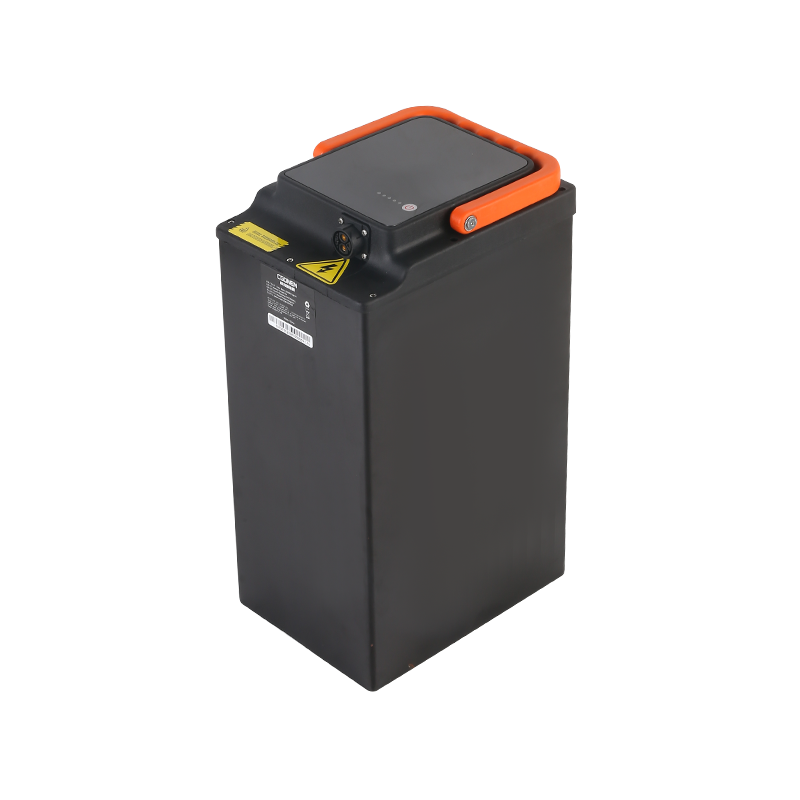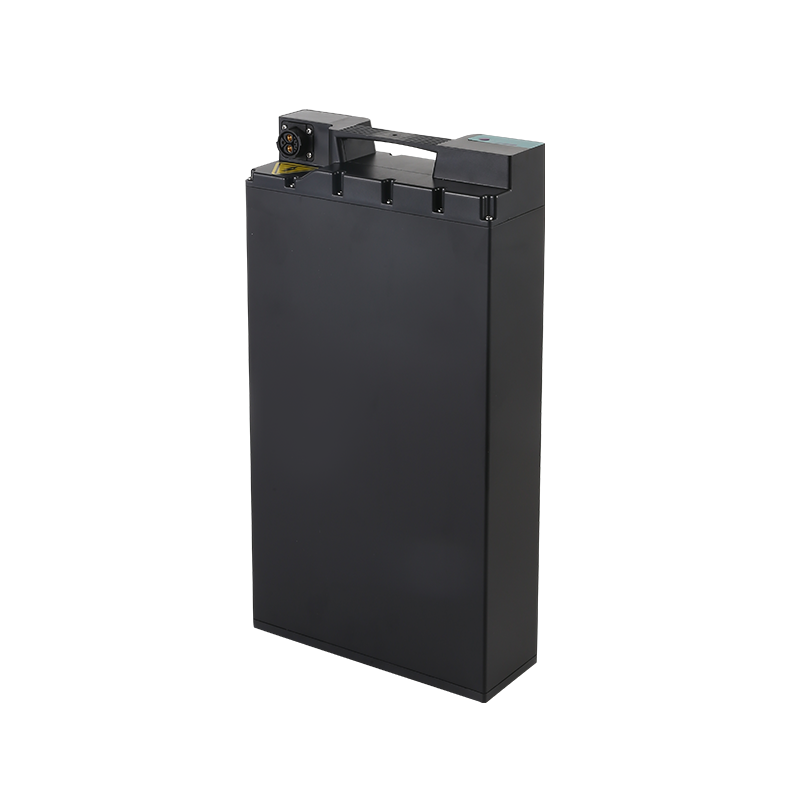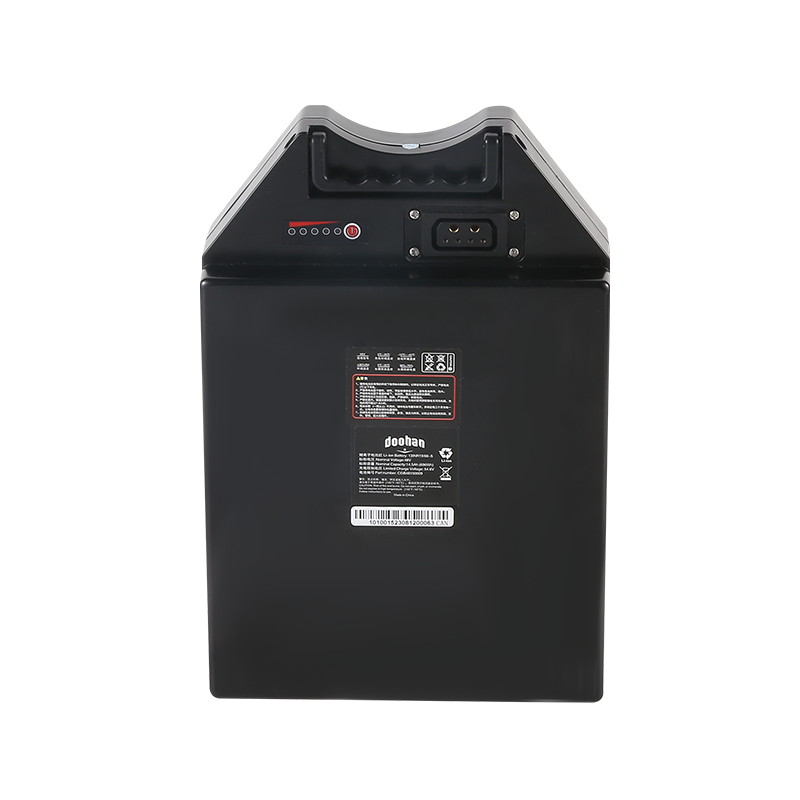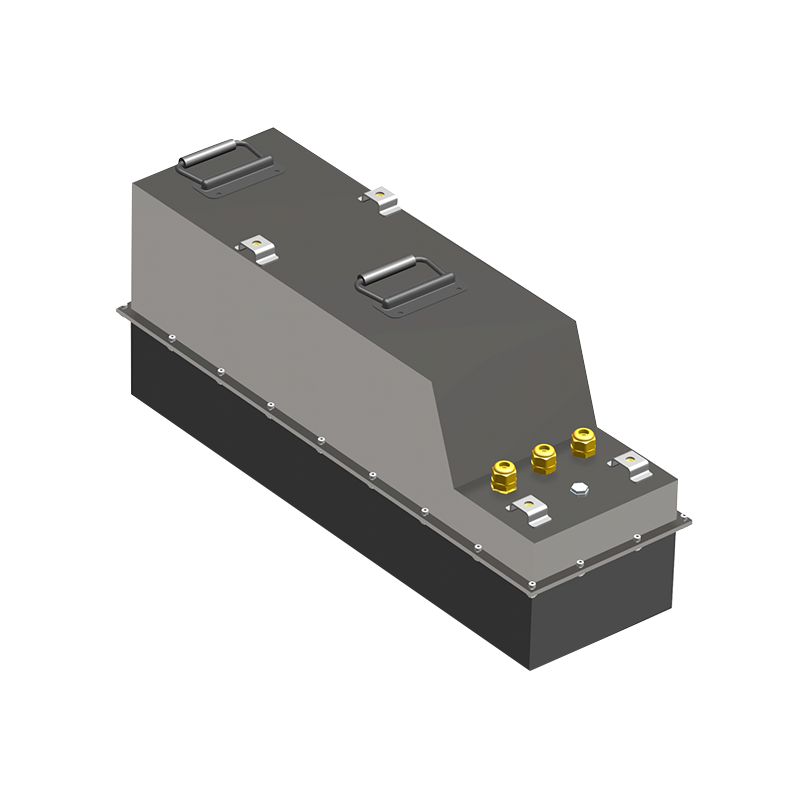Web Menu
Product Search
Exit Menu
Applications of Prismatic Cell Modules
Sale Wholesale Custom Prismatic Cell Module Manufacturer Exporter
Prismatic cell modules are a type of lithium-ion battery cell characterized by their rectangular or prismatic shape. Unlike cylindrical cells, which are round, prismatic cells have a flat, rectangular profile that optimizes space utilization and allows for efficient stacking within a battery pack.
The design of prismatic cells typically involves a metal casing that provides structural support and protection for the internal components. This metal casing is often made of aluminum or steel, chosen for its durability and ability to dissipate heat effectively. Inside the casing, prismatic cells contain electrodes, an electrolyte, and a separator.
Prismatic cells have positive and negative electrodes made from materials such as lithium iron phosphate (LiFePO4) or lithium cobalt oxide (LiCoO2). These electrodes are responsible for the battery’s charge and discharge processes.
The electrolyte is a chemical medium that facilitates the movement of ions between the electrodes. In prismatic cells, the electrolyte is usually a lithium salt dissolved in an organic solvent.
The separator is a thin, porous membrane that prevents direct contact between the positive and negative electrodes, thereby avoiding short circuits.
Prismatic cell modules are used in various applications due to their versatile design and efficiency. Some common areas of application include:
Prismatic cells are widely used in electric vehicles due to their high energy density and ability to deliver consistent power. The flat, rectangular shape of prismatic cells allows for efficient use of space in EV battery packs,improved vehicle range and performance.
In consumer electronics such as laptops, smartphones, and tablets, prismatic cell modules are often employed. Their compact design and stable performance make them suitable for portable devices that require reliable power sources.
Prismatic cells are used in stationary energy storage systems for applications like grid energy storage and backup power. Their ability to handle large amounts of charge and discharge cycles makes them ideal for maintaining energy reserves and balancing supply and demand.
In renewable energy systems, such as solar and wind power, prismatic cells are used to store excess energy generated during peak production times. This stored energy can be used during periods of low production, ensuring a continuous and reliable energy supply.
Prismatic cell modules offer several advantages compared to other battery cell formats. These advantages include:
The rectangular shape of prismatic cells allows for more efficient use of space compared to cylindrical cells. This efficiency is particularly beneficial in applications where space is limited, such as in electric vehicles and compact consumer electronics.
Prismatic cells can provide a high energy density, which translates to longer battery life and increased range for electric vehicles. This feature is crucial for applications requiring extended use or high performance.
The metal casing of prismatic cells aids in effective heat dissipation, which is essential for maintaining battery performance and longevity. Efficient thermal management helps prevent overheating and extends the lifespan of the battery.
Prismatic cells can be manufactured in various sizes and capacities to meet specific requirements. This flexibility allows for customization based on the needs of different applications, whether for small electronic devices or large energy storage systems.
The design of prismatic cells includes safety features such as venting mechanisms and thermal protection to prevent overcharging and overheating. These safety measures are crucial for protecting both the battery and the user.
Prismatic cell modules play a significant role in modern energy storage solutions, offering a combination of space efficiency, high energy density, and effective thermal management. Their applications span a wide range of fields, from electric vehicles and consumer electronics to energy storage and renewable energy systems.
-

+86-13049701086
-

Stonehuang@CGONEN.com
-

No.88, Huji Road, Taizhou Bay Binhai New Area, Jiaojiang District, Taizhou City, Zhejiang Province, China











